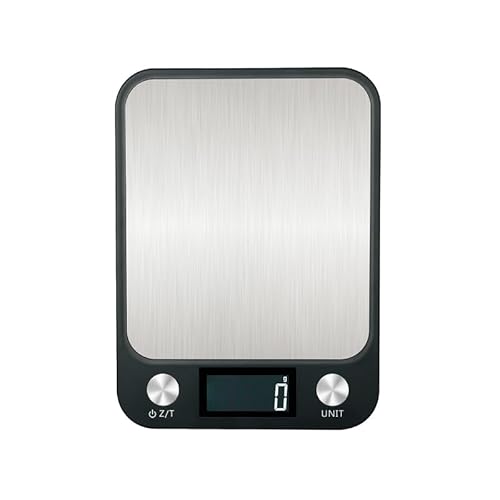First post might be a book and so feel free not to read it unless you just have too much time to kill.
I just made my first 5 small batches of soap. Except for my very first soap which was pure lard 38 percent water and 5% super fat I have made this:
14.2 ounce lard or bacon fat. I have made two of each and one is still in mold.
4 ounce coconut oil
1 ounce of castor oil
14 grams of sodium citrate
33 percent water.
So a total oil content of 19.2 ounces. 5% superfat.
Why 19.2 ounces? Cause that is how much old lard I had on hand with out going to the store and by accident it turned out to be the perfect amount to use a shoe box as a mold and get me six pretty uniform sized bars. I also played with these numbers on a soap caculator while trying to research a little also before I went to the store.
I tried to make cheap soap and it is still about $1.30 per bar when using all bought stuff.
I have been unmolding and cutting about 4 hours after the pour and made four of the five batches over the last two days. So only the lard one is cured for about eight days and I am thinking about using one for the heck of it.
Couriosity had me join. I got bees and a forum did help me and I built a band sawmill and could not have did it as well with out a forum and they seem to be value added endeavers. I do not know how serously I will make soap but have an inkling at this point that It might be like when I grew mushrooms, it was a fun winter but it is over now.
One observation is that lye some very bad to the bone stuff and I am not sure I am carefull enough in handling if. I was surprized by it.
I make the soap with distilled water but will use it with well water as I am a hick.
The thing that made me be more then just a browser of your forum for now is cause I wanted to ask two questions one of which, I will be able to answer in time though I still will not have a comparison to other soaps. That question is how is my mix going to perform with my hard water? The second questions is: If bacon fat is lard and lard is bacon fat, why would the bacon fat come out of the mold in the same amount of time so much softer then the bought grease?
If you made it this far, Thanks for reading it.
Cheers
gww
I just made my first 5 small batches of soap. Except for my very first soap which was pure lard 38 percent water and 5% super fat I have made this:
14.2 ounce lard or bacon fat. I have made two of each and one is still in mold.
4 ounce coconut oil
1 ounce of castor oil
14 grams of sodium citrate
33 percent water.
So a total oil content of 19.2 ounces. 5% superfat.
Why 19.2 ounces? Cause that is how much old lard I had on hand with out going to the store and by accident it turned out to be the perfect amount to use a shoe box as a mold and get me six pretty uniform sized bars. I also played with these numbers on a soap caculator while trying to research a little also before I went to the store.
I tried to make cheap soap and it is still about $1.30 per bar when using all bought stuff.
I have been unmolding and cutting about 4 hours after the pour and made four of the five batches over the last two days. So only the lard one is cured for about eight days and I am thinking about using one for the heck of it.
Couriosity had me join. I got bees and a forum did help me and I built a band sawmill and could not have did it as well with out a forum and they seem to be value added endeavers. I do not know how serously I will make soap but have an inkling at this point that It might be like when I grew mushrooms, it was a fun winter but it is over now.
One observation is that lye some very bad to the bone stuff and I am not sure I am carefull enough in handling if. I was surprized by it.
I make the soap with distilled water but will use it with well water as I am a hick.
The thing that made me be more then just a browser of your forum for now is cause I wanted to ask two questions one of which, I will be able to answer in time though I still will not have a comparison to other soaps. That question is how is my mix going to perform with my hard water? The second questions is: If bacon fat is lard and lard is bacon fat, why would the bacon fat come out of the mold in the same amount of time so much softer then the bought grease?
If you made it this far, Thanks for reading it.
Cheers
gww
















































